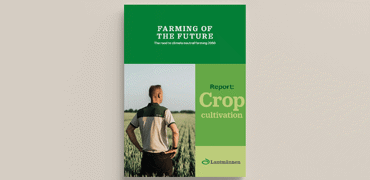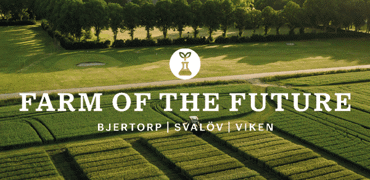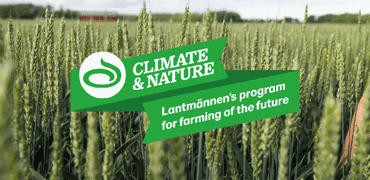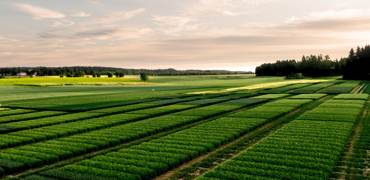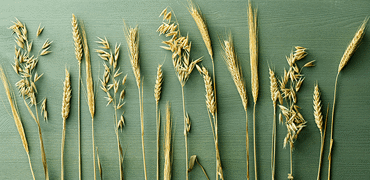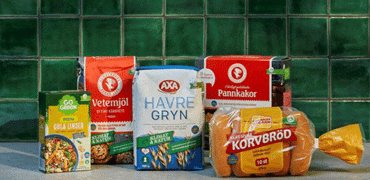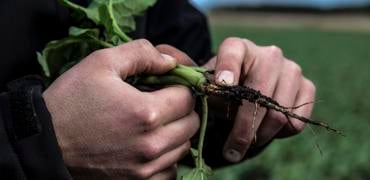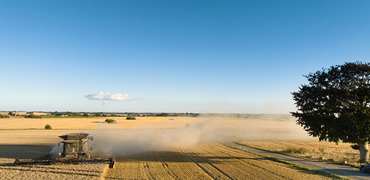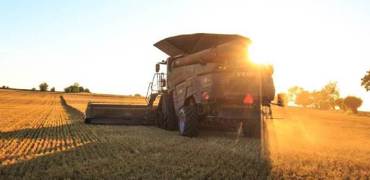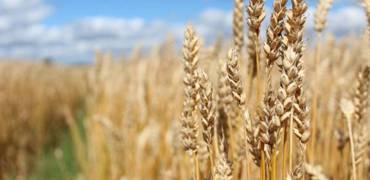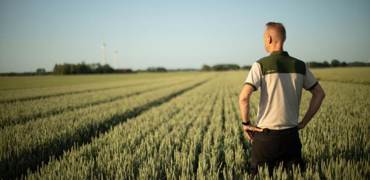Plant breeding for sustainability and higher yields
In a guest post, Annette Olesen, Director Plant Breeding at Lantmännen, tells us more about how Lantmännen’s work within plant breeding can contribute to Farming of the Future.
High demands are placed on agriculture moving forward - it shall be carbon neutral, have minimal environmental impact and at the same time deliver good yields and high quality. With plant breeding, we can develop varieties that meet these demands. Varieties that produce higher yields with less input goods, such as plants that are more efficient at absorbing nutrients or have a better defence against diseases, for example.
I have been working with plant breeding at Lantmännen since 2007, covering a very exciting phase within this research area. Immense progress has been made, and is made today, that affects how we develop new crop varieties. New tools have emerged making processes faster and more precise. Even so, we still work with time-consuming processes that require a long-term perspective. What we start developing today can reach the market in ten years or more as this must be preceded by several cycles of testing, purifying, official testing and approval, and final seed multiplication.
What we start developing today can reach the market in ten years or more.
We are 75 employees working with plant breeding at Lantmännen. We have breeding stations in Svalöv, our head quarters, Lännäs in Ångermanland and Emmeloord in The Netherlands. The work we do is both practical – with field trials, observations, scoring and selection of materials, and analytical – with statistical methods and laboratory analyses that grade diseases and resistance, quality and measure the yield and cultivation value of the varieties. We use advanced methods to select the best lines and varieties, where selection based on DNA profiling is one of the newer methods used.
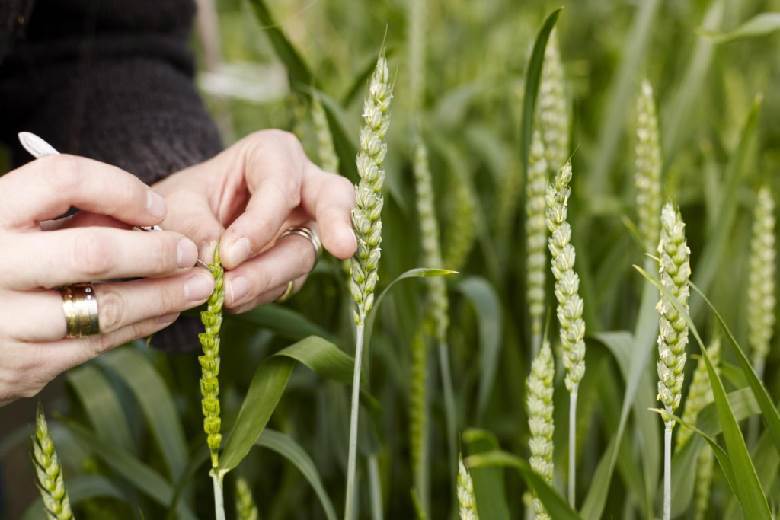
We see new needs and targets connected to the “green transition”, adaptation to climate changes and the challenges associated with sustainable agriculture. The 2018 drought clearly showed the importance of developing robust varieties that deliver stable yield and that work in sustainable and profitable farming. Varieties that efficiently absorb nutrients from the soil, have a stiff straw, are winter hardy and resistant to diseases are other examples of challenges we are addressing in our line of work.
Quality issues are also important. Our work aims to meet high expectations from the food industry and consumers, where quality and new properties for product development are sought. Green proteins are an example of an area that is becoming increasingly important for the industry and consumers. We address this with new breeding programs in peas and faba beans, not only for high protein feed production, but also for creating ingredients for protein rich plant-based food. The aim is to develop robust varieties adapted to the future climate and providing the raw quality demanded by the food industry and the consumers. This is done in collaboration with other companies and with researchers at SLU as part of SLU Grogrund, a competence centre for the breeding of food crops.
Another good example of our work on quality is the oat variety Active, that has a higher beta-glucan content – seven percent compared to around four percent in established varieties. As beta-glucan has a positive effect on cholesterol and can stabilise high blood sugar levels, a high content offers great health benefits.
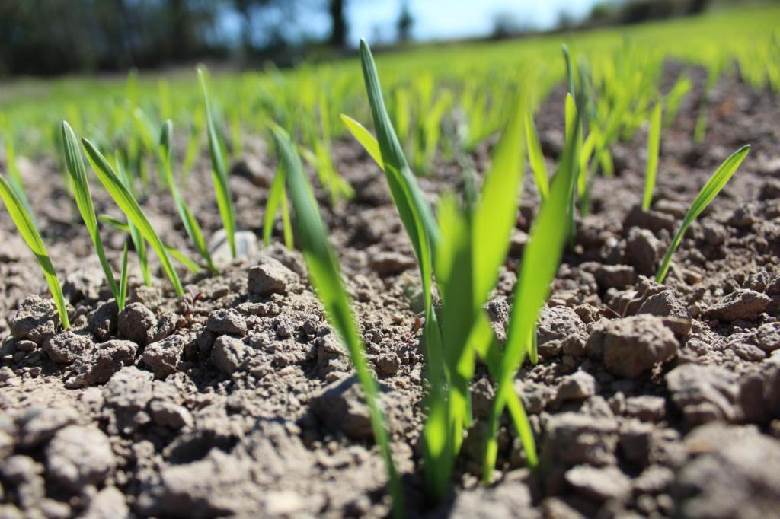
Plant breeding can develop varieties adapted to future cultivation systems and a big leap will come when new climate-smart cultivation systems are combined with varieties bred specifically for these type of systems. This can concern nutrient uptake, cultivar mixing or intercropping. In other words, finding a combination of several measures together with adapted varieties.
During 2020, we planned an investment project that has just been approved. Based on new speed breeding approaches, extended use of DNA profiling, big data and prediction modelling, this investment will bring our breeding to a new level in speed, precision and progress.
Working with plant breeding is very inspiring. We are developing concrete solutions to major challenges, while at the same time contributing to more profitable crop production. It is exciting and a very important contribution to achieving carbon neutral farming and to be able to increase food production in a changing climate. In all my years with Lantmännen, my work has never felt as important and interesting as right now!






